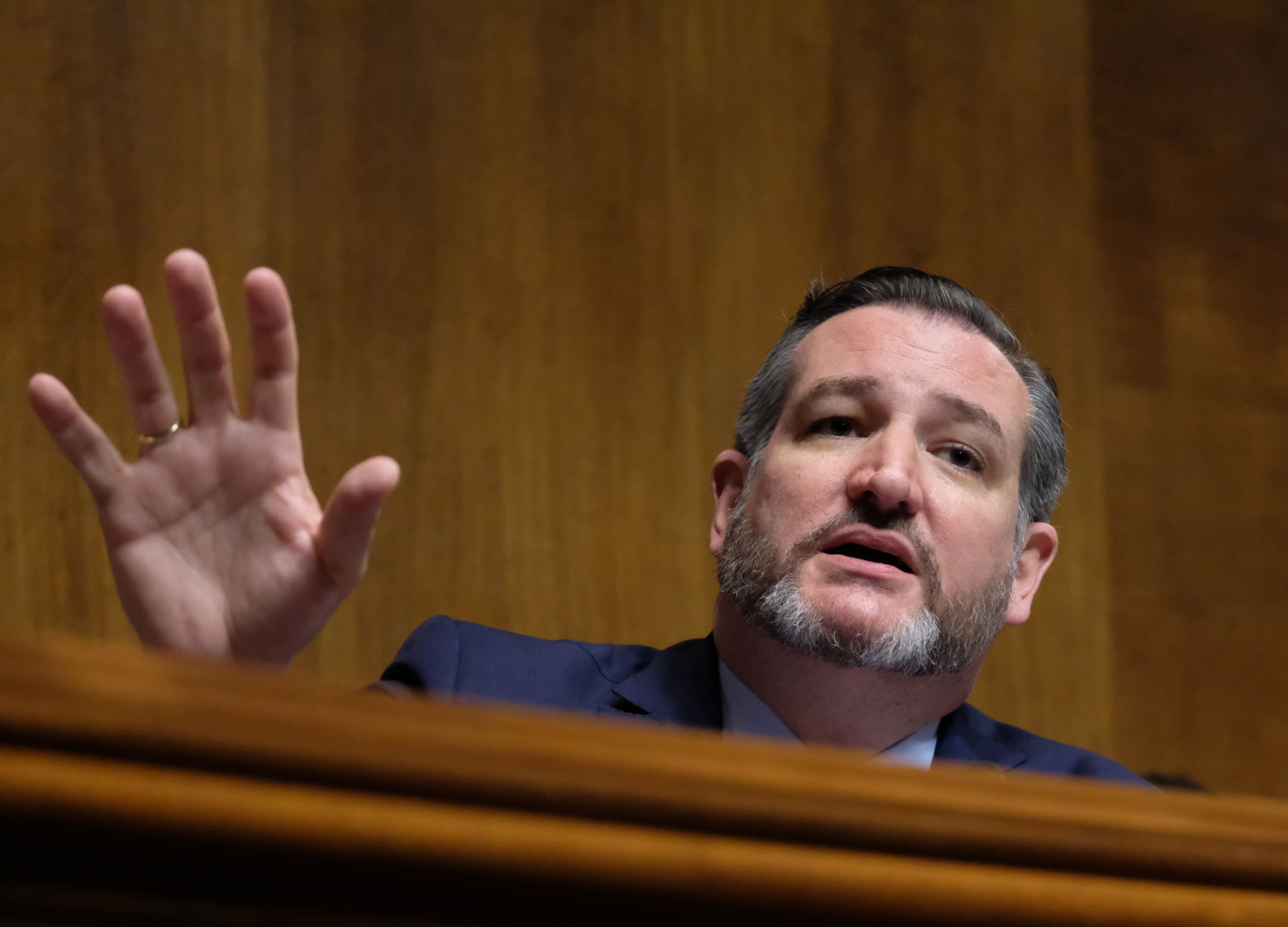Senator Ted Cruz just dropped legislation that could fundamentally reshape AI oversight in America. The SANDBOX Act would let AI companies apply for waivers from federal regulations for up to 10 years, with the White House empowered to override agency rejections. Critics are calling it a 'sweetheart deal for Big Tech' that puts corporate interests above consumer protection.
Senator Ted Cruz just threw down the gauntlet on AI regulation, and the tech industry is about to get a decade-long regulatory holiday if he gets his way. The Texas Republican's new SANDBOX Act, introduced Wednesday, would create a federal 'sandbox' letting AI companies bypass regulations that they deem 'obstructive' to testing and deploying their products.
The mechanics are straightforward but the implications are staggering. Companies can apply for modifications or complete waivers from any federal regulation touching their AI systems. These waivers last two years at a time and can be renewed for up to 10 years total - essentially giving AI giants a regulatory free pass for an entire decade. In exchange, companies just need to pinkie-promise they'll disclose plans to mitigate consumer safety and financial risks.
Here's where it gets interesting: if a federal agency like the Federal Trade Commission doesn't respond within 90 days, the waiver gets automatically approved. And if agencies do reject applications? Companies can appeal directly to the White House Office of Science and Technology Policy, which has the power to override those denials. It's regulatory arbitrage with a political twist.
The timing isn't coincidental. This builds directly on Trump's AI Action Plan from July, which endorsed regulatory sandboxes and included what critics call a 'back door moratorium' by cutting funding to states that regulate AI. Cruz's bill is essentially the federal implementation of that vision, giving Washington the final say over AI oversight nationwide.
The backlash was swift and pointed. The Tech Oversight Project called it a 'sweetheart deal for Big Tech CEOs' that creates a two-tier system where companies with political connections get different rules than smaller startups. Consumer advocacy group Public Citizen warned the bill would let Silicon Valley apply the 'move fast and break things' mentality to actual laws and regulations.

